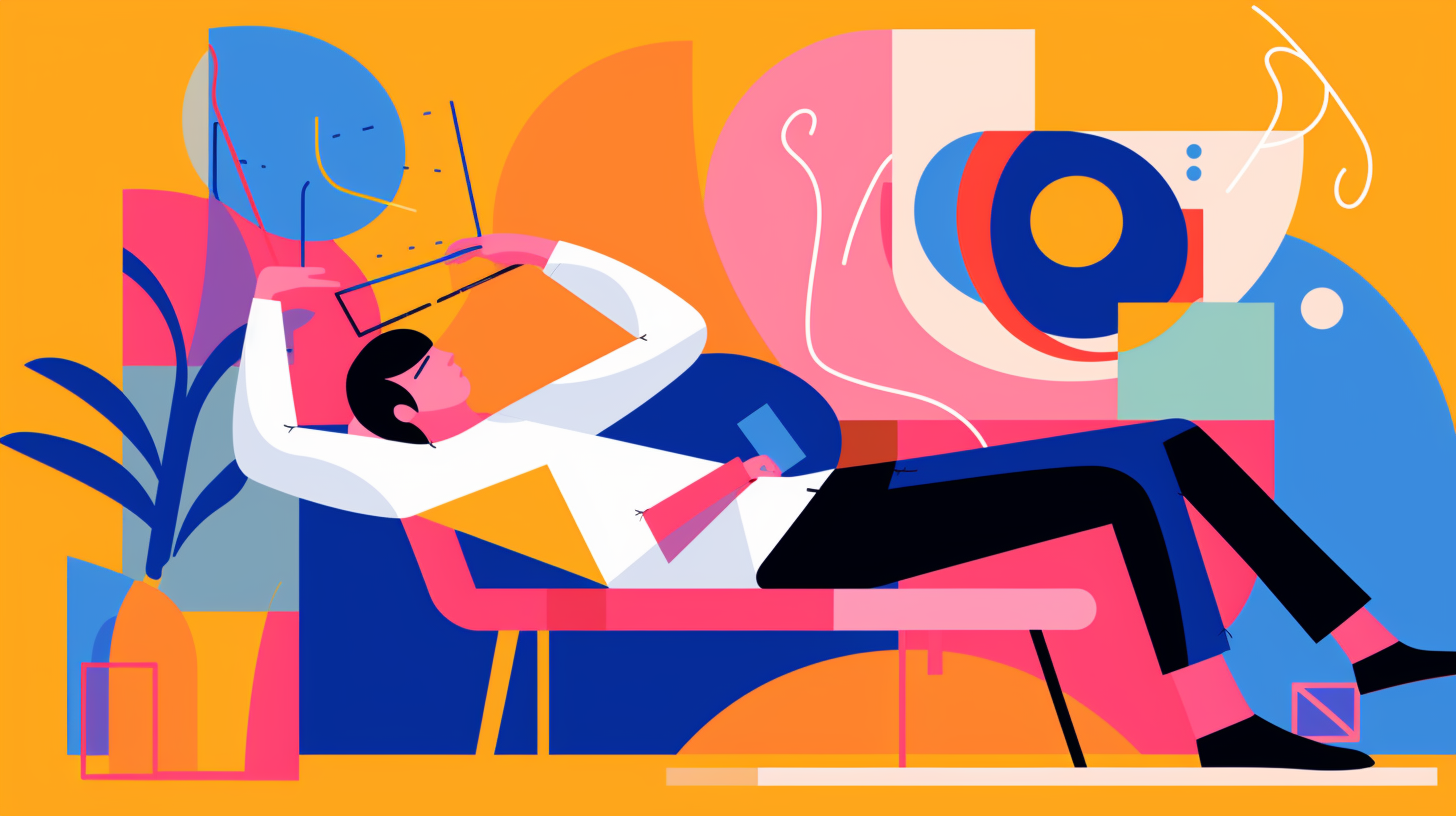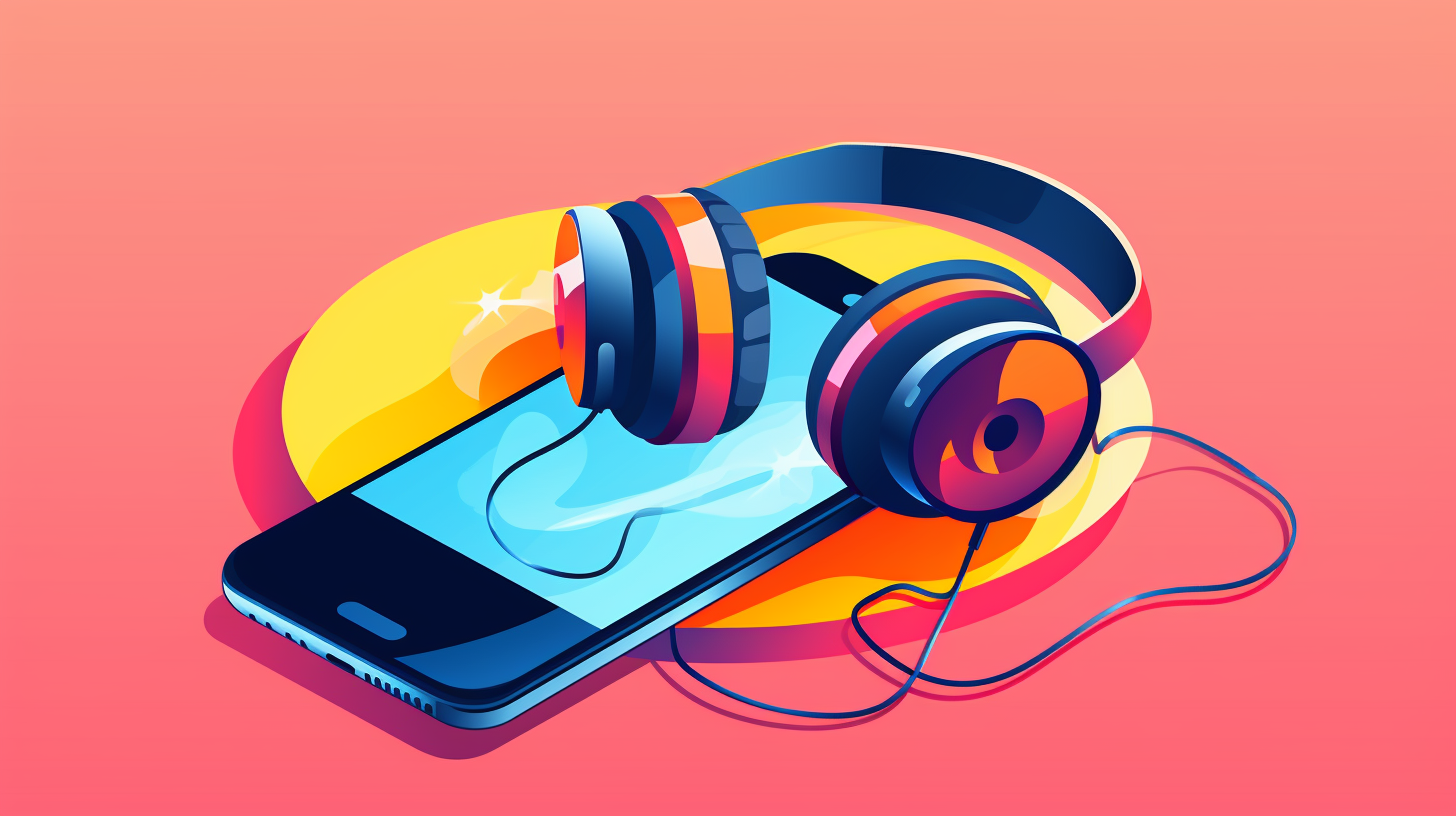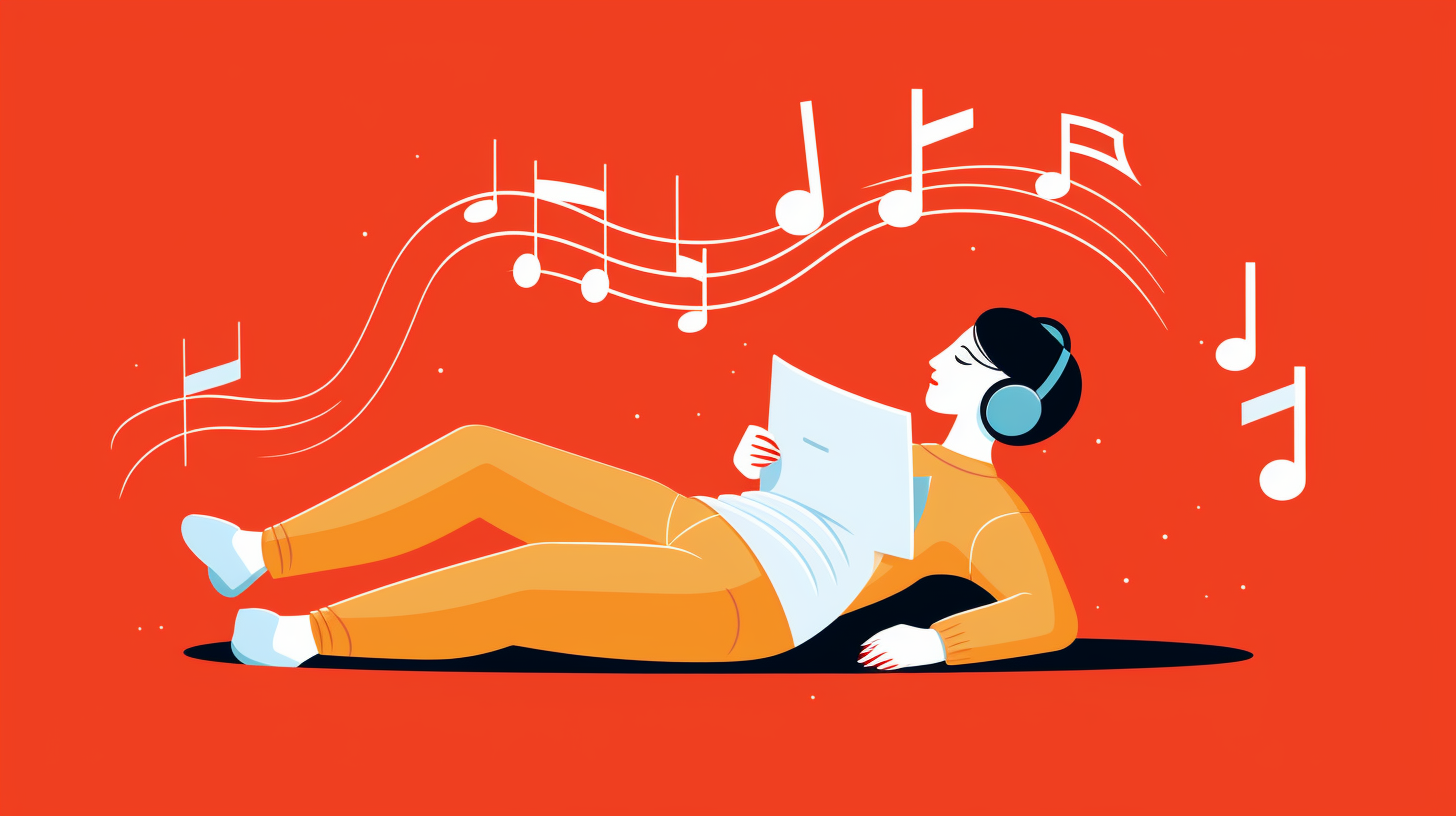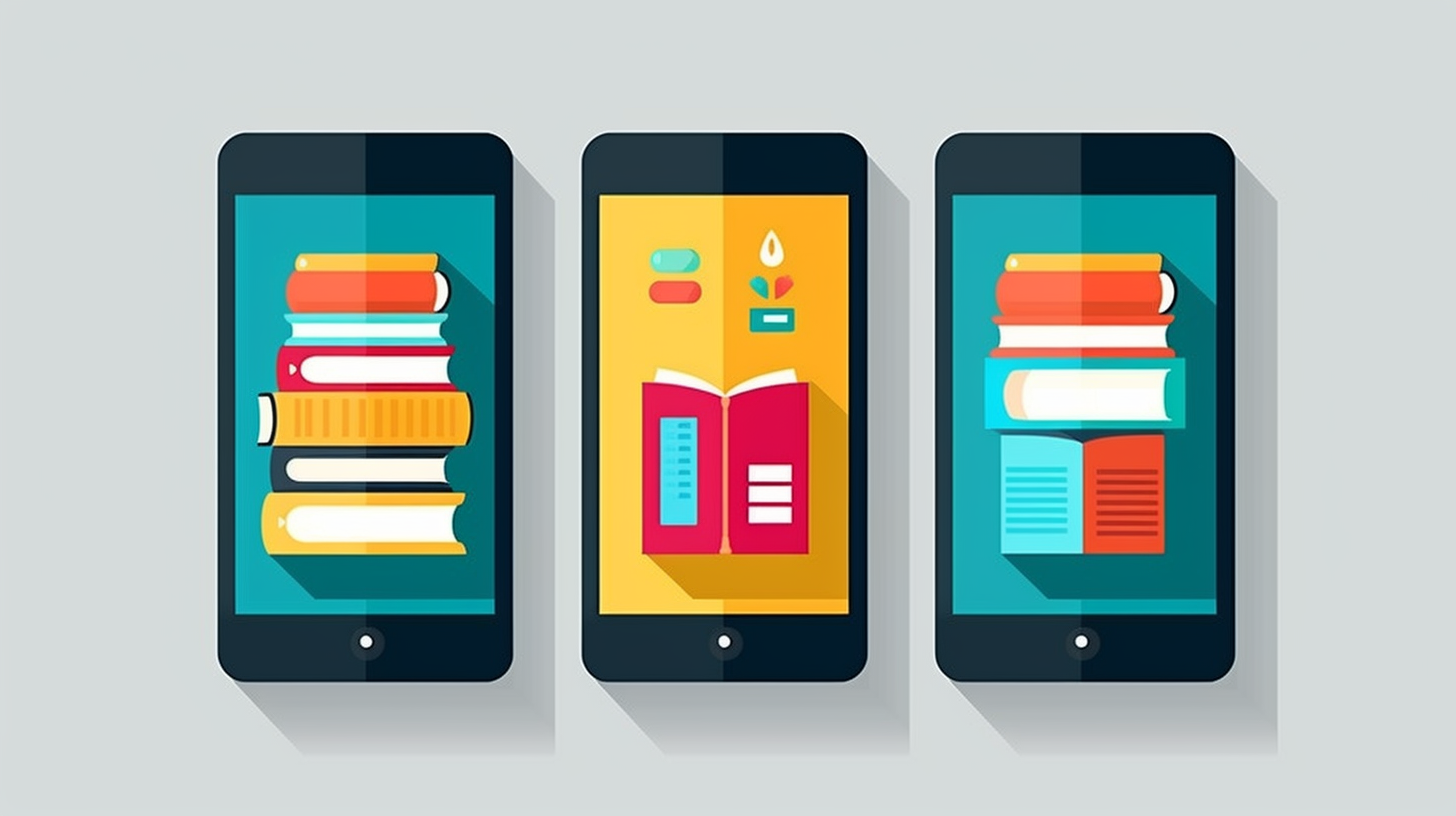“Why do I get tired when I read?” – a common question plagues many avid readers. It’s a common, frustrating experience, especially if you love getting lost in a good book. But don’t worry; there’s usually a reason behind your reading-induced drowsiness, and understanding it can help you enjoy your reading time without nodding off.
By understanding the root causes and implementing effective strategies, you can enhance your reading experience and conquer the exhaustion that sometimes accompanies it. Join us on this journey to make reading a more enjoyable and stimulating pastime.
Physiology of Reading Fatigue
Eye Strain
You may not notice the hours slipping when absorbed in a book. But Eye Strain is a physical reality that could make reading tiresome. The continuous focus on text causes your eyes to work hard, and this effort can lead to discomfort and fatigue. Natural and artificial light conditions also play a crucial role – poor lighting makes it harder for your eyes to discern words, leading to tiredness. This is one reason why audiobooks could be a game-changer. They allow you to enjoy stories without contributing to eye strain, making them a comfortable alternative if reading makes you tired.
Mental Exhaustion
Have you ever wondered, “Why does reading make me so tired?” The answer might lie in Mental Exhaustion. Absorbing and understanding the text demands a lot of cognitive labor – your brain is decoding symbols, comprehending meanings, and constructing narratives. This intensive mental activity can be draining. Also, factors like emotional stress or existing tiredness can amplify this effect. Interestingly, opting for an audiobook can assist in alleviating this form of fatigue. Listening instead of reading can reduce the mental workload, preventing you from feeling worn out from the activity and allowing you to enjoy literature with new vigor.
Lack of Physical Activity
When you’re asking yourself, “Why do I get tired when I read?” consider your activity level. Lack of physical movement is a significant factor. Engaging in a story often means being motionless for long periods – a surefire way to invite fatigue. This stillness fails to stimulate your muscles, denying you the revitalizing impact of being active.
Inadequate posture, like slumping, may exacerbate the issue. It limits your oxygen intake, which is essential for staying awake and focused. Insufficient oxygen can make you yawn and feel more tired, making phrases like “reading makes me tired” part of your everyday vocabulary. Also, a static position hampers circulation, resulting in less oxygen and fewer nutrients reaching your brain.
When thinking about why reading makes you tired, consider external factors. Subpar lighting and distracting sounds cause physical discomfort and mentally drain you, requiring extra concentration effort. Warm, cozy environments, often chosen for reading sessions, can enhance feelings of sleepiness, especially if you’re already low on energy or haven’t had enough sleep.
What’s more, dehydration can lead to tiredness. Research points out that not consuming enough water negatively affects your alertness levels. A daily intake of about 0.75 to 1 gallon of water is recommended to help combat fatigue.
Finally, don’t overlook the potential for an emerging illness to sap your energy. If your fatigue coincides with other symptoms, consider giving your immune system a lift with vitamin C while reevaluating your habits to find a more dynamic reading routine. Listening to an audiobook instead can offer a refreshing change, reducing the need for continuous focus and allowing you the freedom to move around and stay more engaged.
Poor Reading Habits
Reading in Dim Light
You might question, “Why does reading make me so tired?” One common yet overlooked culprit is reading in dim light. While reading with a faint bedside lamp is tempting, your eyes must work harder in low lighting, leading to quicker fatigue. Eye strain is a real problem and can manifest through headaches or blurred vision. Ensure you have bright, but not glaring, light to keep eye strain to a minimum and maintain your reading stamina.
Reading in an Uncomfortable Position
Reading makes me tired, you might think, especially if you’re often lounging in awkward positions. Slouching or reading with the book too close or far can lead to discomfort and, in turn, faster tiredness. Good posture is your ally here. Opt for chairs that support your back, and if you’re reading a handheld device, consider a stand to keep it at eye level. Remember, audiobooks can alleviate this fatigue by allowing you to listen in any position, keeping you engaged longer without physical strain.
Reading for Extended Periods Without Breaks
Does reading make you tired? It might be due to marathon reading sessions without adequate breaks. Like any other activity, your brain and eyes need regular rests to prevent burnout. Apply the “20-20-20 rule”: every 20 minutes, look at something 20 feet away for 20 seconds. Also, audiobooks offer a reprieve, as they immerse you in the narrative without continuous visual focus, reducing the demand on your eyes and making the experience less tiring.
Tips to Prevent Reading Fatigue
Take Regular Breaks
Your eyes and brain need rest. When you power through a book without stopping, fatigue sets in. To keep your mind sharp and awake, take breaks every 20-30 minutes. During these breaks, look away from the text. Let your eyes wander to something else in the room. This simple act can recharge you, ensuring reading doesn’t tire you.
Create a Comfortable Reading Environment
A setting that promotes concentration and comfort is crucial. Make sure the space is well-lit, temperature-controlled, and quiet. Audiobook listening enhances this environment by resting your eyes while indulging in the story. Remember, a comfortable reading environment is critical to ensuring reading makes you tired less quickly.
Practice Good Posture
You might wonder why reading makes you tired despite having a suitable environment. The answer could lie in your posture. Sit with a straight spine and hold your book or device at eye level. This helps you avoid neck strain and keeps sleepiness at bay. If you get tired when you read, checking your posture is a significant first step.
Engage in Physical Activity
Incorporate some form of physical activity during your reading breaks. Stand up, stretch, or briefly walk to improve blood flow. This movement will help awaken your body and mind, a natural defense against the question, “Why does reading make me so tired?” Switching over to an audiobook allows you to move freely, proving a practical solution when you find why does reading make you tired.
Conclusion
You’ve now got the tools to tackle reading fatigue head-on. Remember, it’s about creating habits that promote endurance and comfort. Whether taking those essential breaks, optimizing your environment, maintaining proper posture, or mixing in some physical activity, you’re on track to a more energizing reading experience. And don’t forget, audiobooks are a great alternative to keep you engaged without the eye strain. Happy reading, and here’s to staying awake through every page turn!
Frequently Asked Questions
How can taking regular breaks during reading prevent fatigue?
Regular breaks every 20-30 minutes allow your eyes to rest and your mind to recharge, reducing the chance of reading fatigue.
What environmental factors contribute to a comfortable reading experience?
A well-lit and quiet space can create a comfortable reading environment, thus minimizing the tiredness of reading for long periods.
How does maintaining good posture affect reading fatigue?
Sitting with a straight spine and holding the book at eye level can prevent neck strain and sleepiness, making reading less tiring.
In what ways can physical activity during reading breaks help?
Physical activities like stretching or walking during breaks improve blood flow and revitalize the body and mind, combating tiredness.
How can audiobooks be beneficial in preventing reading fatigue?
Audiobooks allow for more movement and active engagement, reducing eye strain and making the experience less exhausting.




